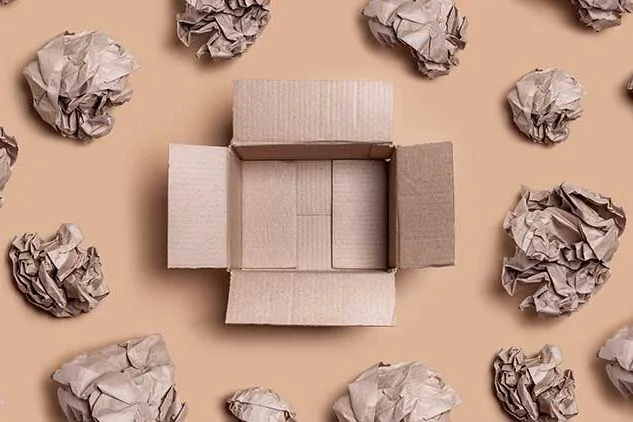Will Sustainability be the New ‘It’ Feature?
Is sustainability the differentiating feature of the future? Let’s look at it a little more closely.
No matter which side of the fence you sit on, there’s no denying that sustainability is high on the priority list of many customers. They live it in their personal lives, they encourage friends and family to participate in it, and they expect it from the brands they buy from. In fact, in some cases, customers even boycott unsustainable businesses after they leave for their “greener” competitors.
But, even with this new sustainability trend on the rise, there’s still room for debate as to the impact and staying power it will have. Is sustainability the differentiating feature of the future? Let’s look at it a little more closely.
Why is Sustainability Important?
The glaring reality is: consumers want to shop at businesses that represent their values. They care deeply about how your business acts and why it does what it does. And since sustainability has been found to be a top priority for more than 50% of consumers across the globe, that means your sustainability practices are being scrutinized under the consumer microscope to see if they stack up against their values.
Thus, developing and maintaining sustainability in your business processes, including your supply chains, allows you to meet your customers’ expectations for a greener environment and social responsibility.
At the same time, sustainability offers benefits to your company in regard to your finances and resources. With sustainable practices, less is wasted. And long-term planning ensures that your capital will be better spent on equipment, products, carriers, and resources in the future.
To give you a jump start on sustainability in your supply chain, here are 3 simple practices you can implement.
Minimize Packaging Waste
While it’s important for you to package products appropriately to minimize damage and secure customer confidence, packaging isn’t always used in the most sustainable ways. In some cases, small products are placed in abnormally large boxes with lots of filler. In others, customers are met with layer upon layer upon layer of plastic.
Regardless, there are always ways to make your packaging more sustainable and eco-friendly. It might involve switching to recyclable packaging material, minimizing the amount of packing and print material used, downsizing your boxes and bags or using a fulfillment partner with sustainable practices like Radial. Regardless, changing the way you pack your orders can make a huge difference to your customers and your bottom line.
Ship Strategically
While your customers care about speed, you don’t have to sacrifice sustainability for efficiency. In fact, many times the two go hand in hand.
When shipping orders to customers, avoid splits by combining multiple products into a single box or bag to eliminate extra fulfillment trips for your last-mile vehicles. Instruct your team to select carriers who are already in the area to handle freight for a given lane (thus avoiding dead mileage) or partner with a fulfillment provider like Radial, who manages this for you. This both decreases the amount of packaging used to ship orders and the level of emissions produced by each delivery.
Predict Inventory Needs
The last thing you want to do is procure more products than you need. Not only because it leads to capital losses, but because product waste is considered to be highly unsustainable. This is considered to be especially egregious in food and clothing verticals, as there are millions throughout the world without basic needs.
Predictive analytics and a reliable order management system help you stock your inventory more accurately by showing you the full view of all inventory, no matter where it is in its life cycle, and providing a closer estimate of your inventory needs for given products and given locations. This enables you to drastically decrease your product waste.
With a global push from consumers and governments alike, the need for sustainability isn’t likely to go anywhere, anytime soon. Fortunately, by minimizing your packaging waste, shipping orders strategically, and predicting your inventory needs, you can make valuable improvements to your supply chain quickly. Or, you can partner with a fulfillment provider who’s also environmentally-conscious like Radial.
